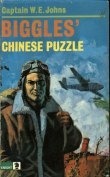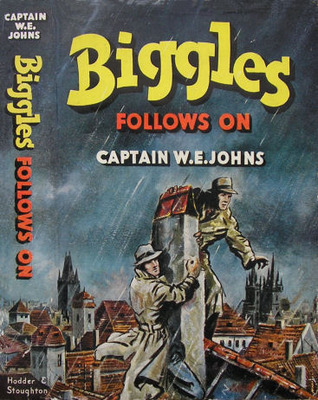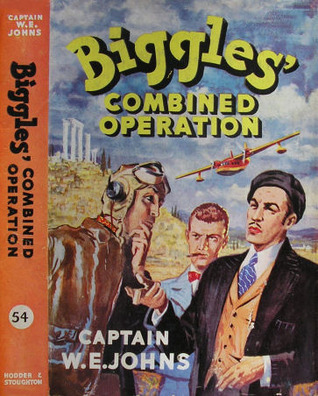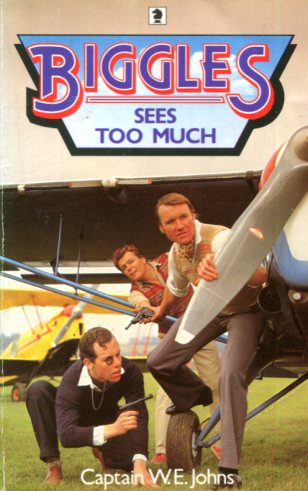
Part of Series
'Biggles hurled the parcel to the far side of the road. It struck the wall and bounced back on to the pavement that skirted it. Simultaneously there was a shattering explosion.' Even on holiday in Cornwall, Biggles cant avoid finding trouble. He soon realises that the local shark fishing business is in fact a cover-up for smuggling in illegal immigrants - and men on the run. When a parcel bomb is delivered, Biggles and his friends realise that the gang will stop at nothing to keep their secret. But it takes a dangerous chase by sea to the Channel Islands for them to discover just how ruthless the gang is.
Author
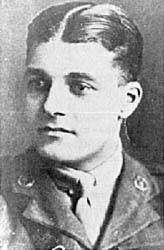
Invariably known as Captain W.E. Johns, William Earl Johns was born in Bengeo, Hertfordshire, England. He was the son of Richard Eastman Johns, a tailor, and Elizabeth Johns (née Earl), the daughter of a master butcher. He had a younger brother, Russell Ernest Johns, who was born on 24 October 1895. He went to Hertford Grammar School where he was no great scholar but he did develop into a crack shot with a rifle. This fired his early ambition to be a soldier. He also attended evening classes at the local art school. In the summer of 1907 he was apprenticed to a county municipal surveyor where he remained for four years and then in 1912 he became a sanitary inspector in Swaffham, Norfolk. Soon after taking up this appointment, his father died of tuberculosis at the age of 47. On 6 October 1914 he married Maude Penelope Hunt (1882–1961), the daughter of the Reverend John Hunt, the vicar at Little Dunham in Norfolk. The couple had one son, William Earl Carmichael Johns, who was born in March 1916. With war looming he joined the Territorial Army as a Private in the King's Own Royal Regiment (Norfolk Yeomanry), a cavalry regiment. In August 1914 his regiment was mobilised and was in training and on home defence duties until September 1915 when they received embarkation orders for duty overseas. He fought at Gallipoli and in the Suez Canal area and, after moving to the Machine gun Corps, he took part in the spring offensive in Salonika in April 1917. He contracted malaria and whilst in hospital he put in for a transfer to the Royal Flying Corps and on 26 September 1917, he was given a temporary commission as a Second Lieutenant and posted back to England to learn to fly, which he did at No. 1 School of Aeronautics at Reading, where he was taught by a Captain Ashton. He was posted to No. 25 Flying Training School at Thetford where he had a charmed existence, once writing off three planes in three days. He moved to Yorkshire and was then posted to France and while on a bombing raid to Mannheim his plane was shot down and he was wounded. Captured by the Germans, he later escaped before being reincarcerated where he remained until the war ended.
